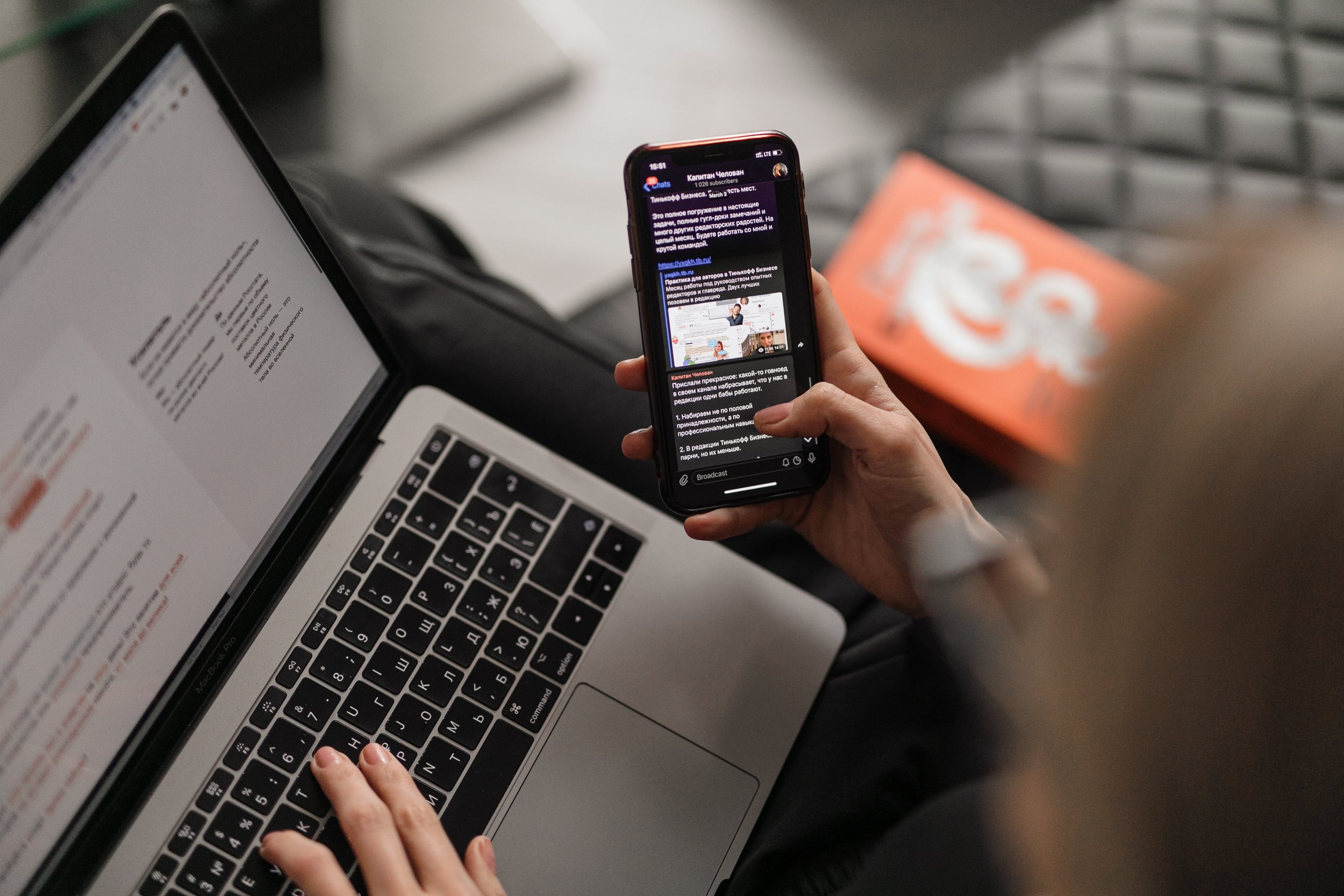I’ve just been away for the week to write my sixth book. After six I’ve experimented with a number of techniques and have found a focused retreat the quickest and most effective way of getting the words on a page (albeit a very rough first draft!) People have asked me, how do you know you’ll be creative on that week though and be able to write?
The answer is I don’t. But I do know how to set my environment up to make that more likely to happen. For me that’s no social media or calls. No emails or internet (I leave gaps to insert the research I find later or already have filed away). It’s a change of scenery that’s not my own house or office so nothing else needs doing other than writing. I have all the supplies I need and I shut myself away, alone in a beautiful cottage by the beach if possible and, often rural.
And on the days when I don’t feel the creative muse. I go for a walk or make some food or sit outside in the sun to mix things up and flick the creative switch on. The most important thing for me is creating the space and not having the distractions, without that I know I’m much less creative.
We know we need space in the brain to innovate and space to focus to do our best work. This is top of mind for me as I reap the rewards of a 10 day silent retreat over the Christmas break. No talking, no distractions and my phone turned off and locked in a draw. Whilst it had it’s challenges the space and focus and ideas and creativity that followed has made it worth it.
Interruption Science is the study of the effect of disruptions on job performance especially for those working in an office environment. According to a University of California-Irvine study, regaining our initial momentum following an interruption can take, on average, upwards of 20 minutes. It makes it more difficult to get anything done and actually means we are taking longer to get tasks completed by not giving them our full attention and trying to multi task.
An experiment conducted at the University of London found that we lose as many as 10 IQ points when we allow our work to be interrupted. That’s the equivalent to missing a whole night's sleep and more than double the 4-point fall seen after smoking marijuana. Even short interruptions are thought to have a negative impact, for example silencing the phone or checking the screen to see who’s calling. That’s even when you decide not to answer because you don’t want distracting. A study by Michigan state University, in which 300 people performed a sequence-based procedure on a computer, found that interruptions of about three seconds doubled the error rate.
Author Pico Iyer talks of interruption science in his book The Art of Stillness, Iyer says, “it takes 25 minutes to recover from things like a phone call yet such interruptions come every 11 minutes so we never really catch up with ourselves”.
A number of my clients this year are focusing on their relationships with social media and distractions as part of their new year rituals. In a bid to get more time back in their life, less noise, less overwhelm and information overload. Afterall it’s not just the amount of information our device exposes us to it’s the way this information can make us feel too!
One of the quickest wins for getting us more focus and time is our relationship to social media and a devices in general. Afterall they are made to distract us and once they’ve got our attention designed to make sure we waste as much time scrolling as possible.
If you’re looking to reduce your information overload and the distractions from your device or social media here are a few things I’m doing and others have found useful too.
· Set times you’ll not use your device: Not before 9am or after 9pm as an example. This gives your brain a chance to wake up and stops it interrupting our sleep at the other end of the day.
· Or perhaps certain places: No phone in the bedroom or at dinner table might work for you.
· Detox times once a month on a Sunday, switch it off or put it in a draw for a few hours.
· Remove the Facebook app from your phone (just check once a day from your laptop)
· Monitor the screen time app: do you know what your stats? Which apps are sucking the most time from you and what are you getting in return? What’s an achievable number to aim for?
Would love to hear other tips you’ve tried and how you create space to get the best from your brain.

